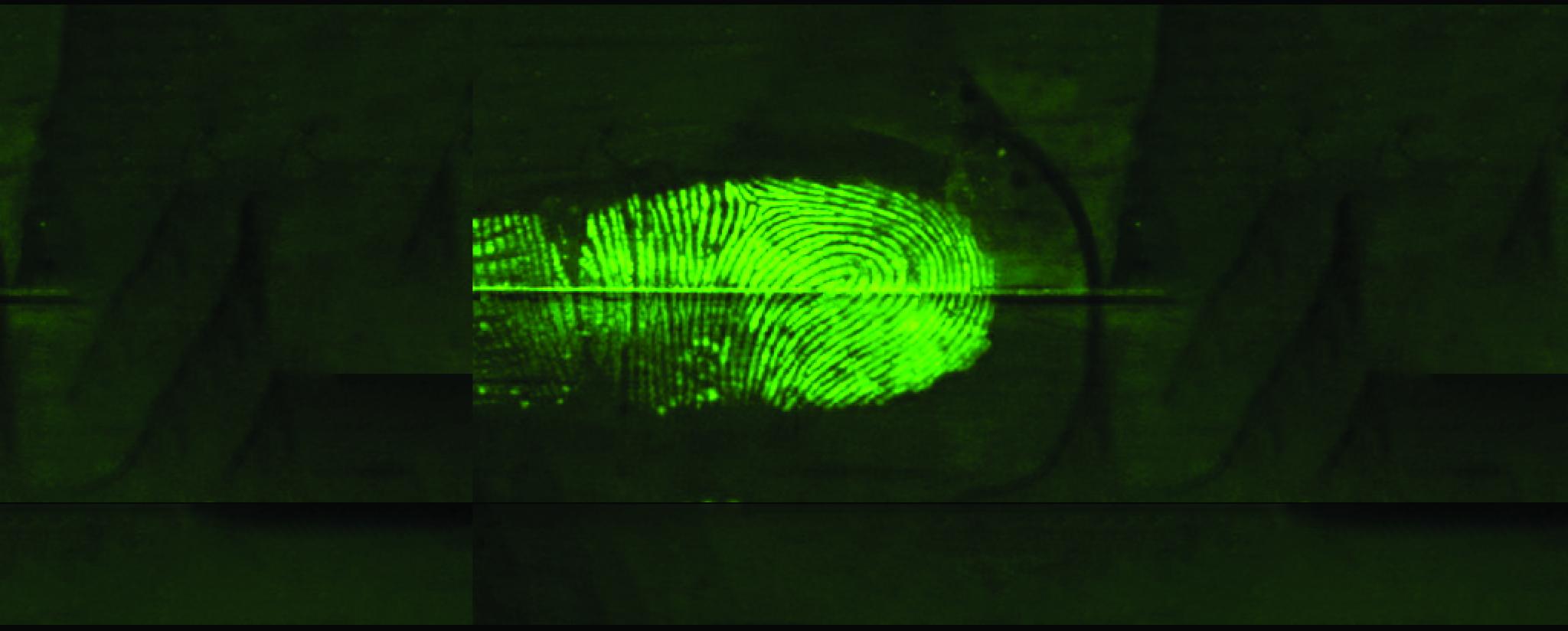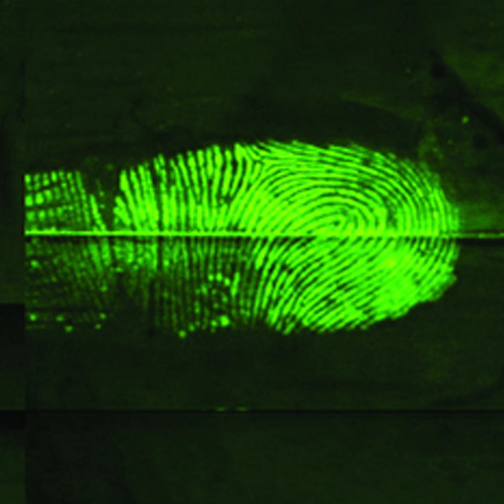 Evidence and the correct ways to collect and handle it
Evidence and the correct ways to collect and handle it
Collecting evidence for a court case is not always handled exclusively by police. In many cases like fraud investigations, divorce proceedings etc you can assemble your own evidence which can be used to support your case.
That does not mean you should just rush out and start recording people’s movements, conversations and activities without their consent. There are rules in place when it comes to the collection and handling of evidence that needs to be considered first.
What are the different types of evidence in Australia?
In the Australian court system, there are three fundamental types of evidence that are used including:
Testimony: This is verbal evidence delivered by a witness who swears to make a solemn state or declaration of fact. This evidence must be delivered under oath or a similar substitute and the witness must be knowledgeable on what they are going to testify on. This means they need to be an expert on a subject or have witnessed something with their own senses.
Documents: Any form of written proof that can establish the existence or non-existence of a fact. This can include letters, contracts, affidavits, deeds, licences, tickets or any other form of writing that is being provided as documentary evidence.
Real evidence: This is physical evidence, tangible, that can be presented in court. This includes any object but also extends to evidence like tape recordings, photographs and computer printouts. This is the primary form of evidence that a private investigator can acquire for you for a court case.
How to collect evidence
The very first thing you should do before attempting to collect evidence is to consult a legal professional. This should include your lawyer and it can also include a private investigator that can collect evidence on your behalf that will be admissible in court.
There are many different rules when it comes to evidence in Australia and they are covered under the Commonwealth Evidence Act while there are also provisions under the Archives Act 1983, Freedom of Information Act 1982, Privacy Act 1988 and Crimes Act 1914. When it comes to filming, photographing or recording people there are many different surveillance laws to consider which vary from state to state.
How evidence is handled is important as well. There are many protocols that need to be followed to ensure the evidence is credible and can be used in court. These reasons are why you should rely on the professionals when it comes to the collection, handling and presentation of evidence in court.
We can do the hard work for you
Every member of our team has the right qualifications, licences and experience to collect evidence for you. We have a strong understanding of the law across all states and territories and will ensure that you will not only get the evidence you need for your court case but that it is legally acquired and properly presented so that it will be totally permissible.
Click here to see more information.






















